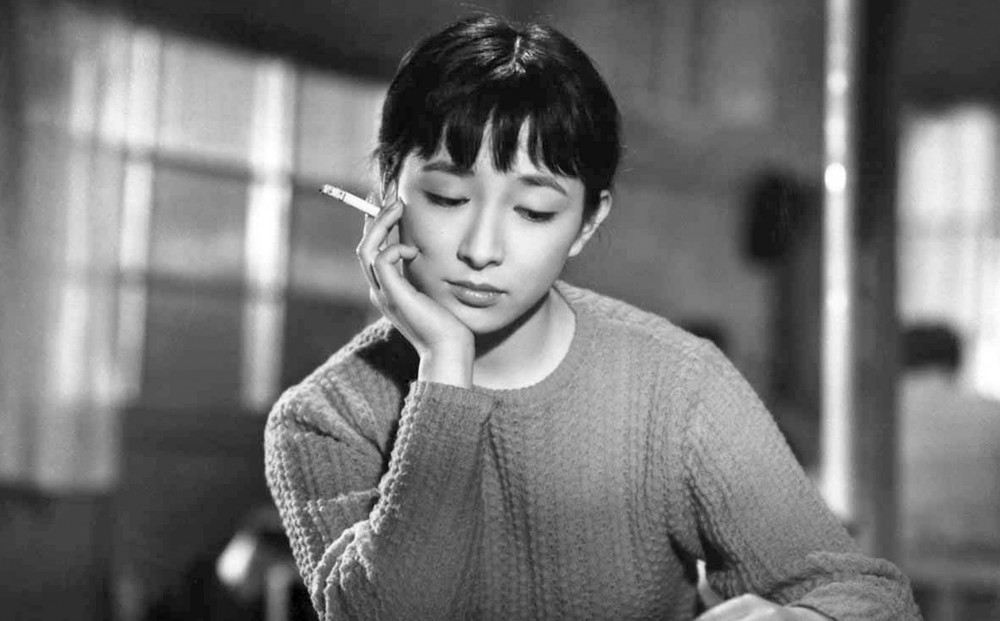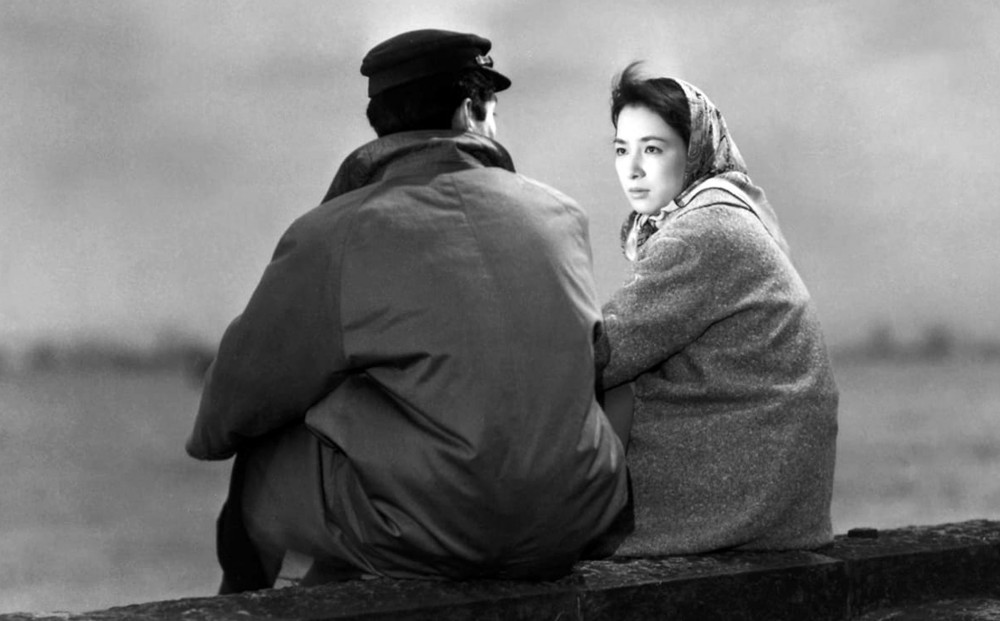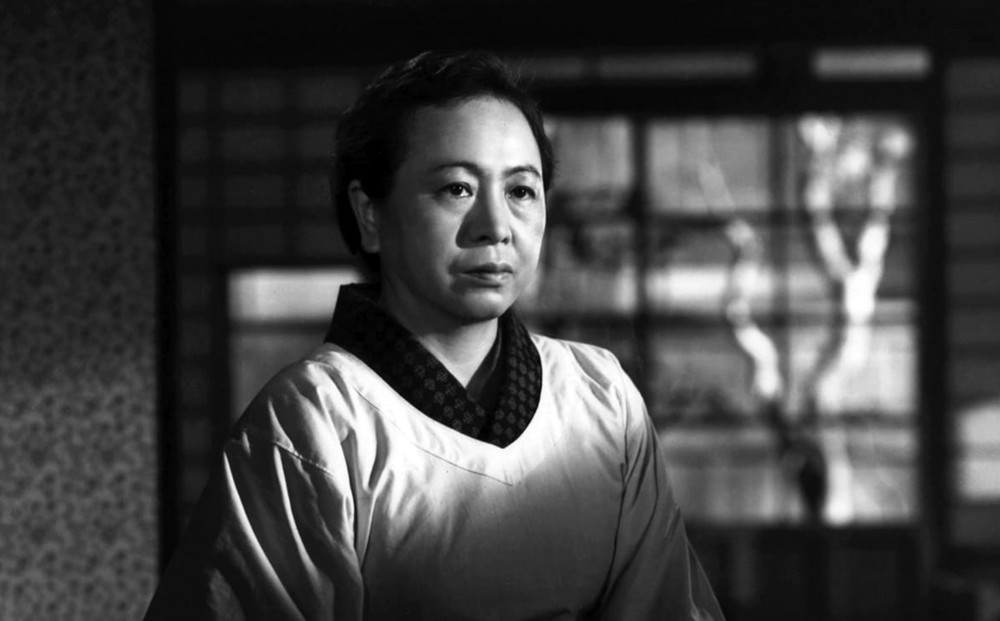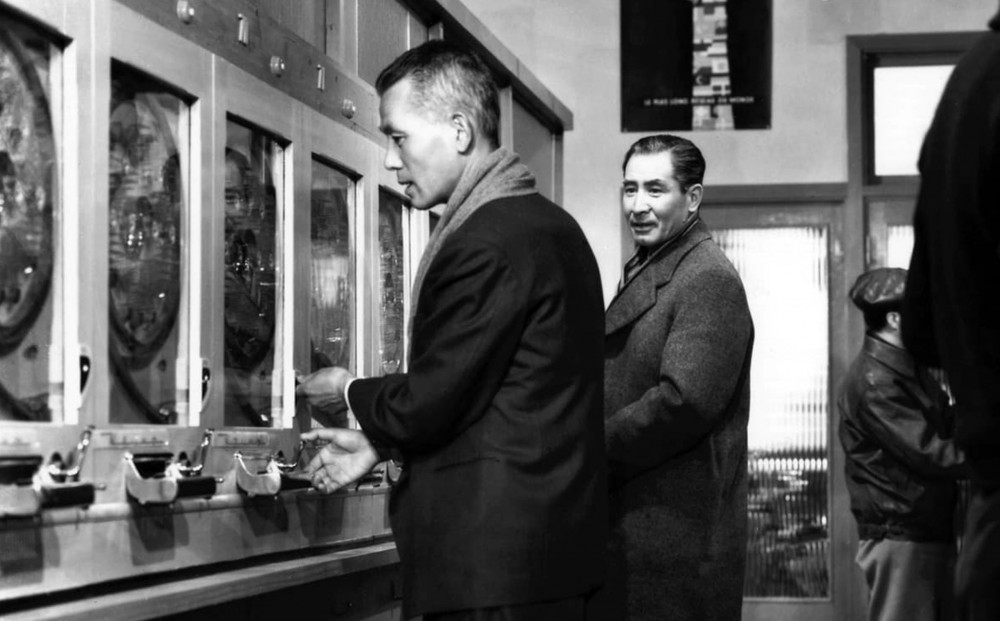Yasujirô Ozu’s
TOKYO TWILIGHT
MUST END THURSDAY, NOVEMBER 28
12:40 & 5:45 ONLY
NEW 4K RESTORATION
(1957) Suicide – or was it an accident? – abortion, broken marriages, a dead relative who’s … alive and … lives nearby? An intended change of pace from Ozu, four years after the triumph of Tokyo Story: Chishû Ryû’s got two daughters at home, but not to marry off, scowling Setsuko Hara’s dumped her boozing husband, rebellious Ineko Arima is trying to track down her no-good boyfriend, and Isuzu Yamada’s mahjong parlor proprietress seems to know a lot about their family. And with – as a school song resounds in the background, a woman carefully wipes away the condensation on the window of her train car … and waits – one of the greatest screen train station farewells. An unsung Ozu classic. 4K DCP restoration. Approx. 141 min.
New restoration courtesy of Shochiku. 4K scanning by Imagica Corporation, Japan.
A Janus Films Release
Reviews
“A turbulent and grim family melodrama given emotional depth and philosophical heft under Ozu’s direction... Reveals the emotional corrosion that results from maintaining a brave front when faced with problems and shielding children from darker issues—even those regarding their own past.”
– Richard Brody, The New Yorker
“The extreme and unrelieved pessimism is understated, distilled in sounds and silences… The meaning of the film rests in the pointed silences of the characters. Those silences are like psychic dead ends, intimations of defeat.”
– Don Willis
“The dialogue and acting are superb... This is the nearest that Ozu ventured towards Western ideas of melodrama, although he is still more restrained than the plot suggests.”
– Donald Richie
“One of Ozu's most profoundly modern works, sounding psychological and sociological depths that Ozu never probed so fearlessly before or since.”
– David Sterritt, Cineaste




